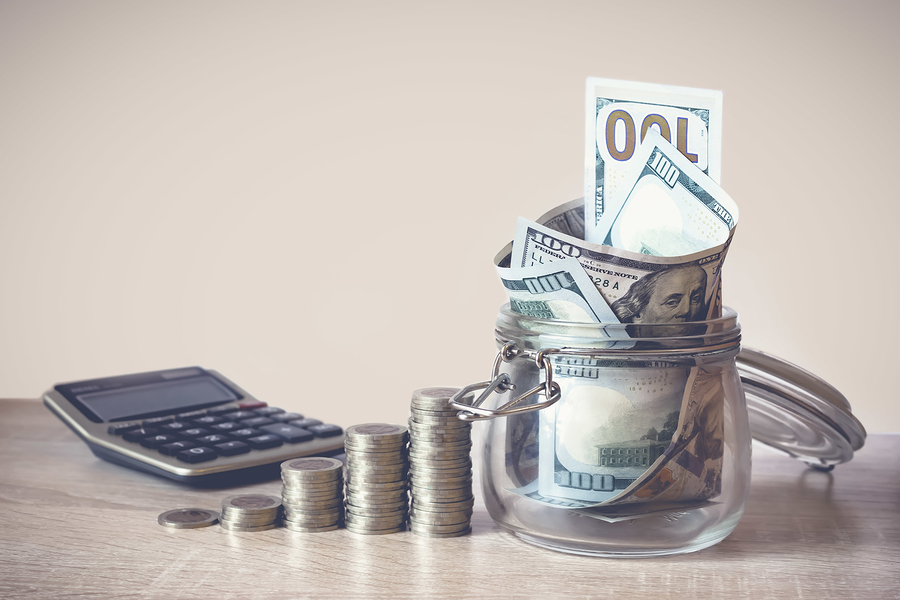Americans spend trillions of dollars on credit cards every year, but only some are using these cards in the best possible way.
Credit cards are an incredible tool for consumers. Not only do they allow people to spend money on items they want and need without needing to take away from their bank balance, but they also provide other perks that are almost impossible to find in checking or savings accounts.
Credit cards provide rewards such as cash back, hotel discounts, travel perks, and much more. Individuals can obtain purchase protection, free airline seat upgrades, and statement credits for specific spending.
All those rewards are very helpful, but the consumer only gains a net benefit when they are avoiding some of the pitfall of credit cards. If you are a newcomer to the U.S., or you are considering getting your first credit card, our guide on the best practices for owning a credit card should help you create positive spending habits.
Start Slowly
There is no sense in applying for five or six credit cards straight out of the bat. It is understandable that you may feel excited or eager to get your hands on many rewards cards. But having so many cards at your disposal could lead you to spending more money than you can afford, which is always a mistake.
It is best to get one or two credit cards that you can obtain through your existing credit score. If you are new to the country, a service like Nova Credit is helpful in transferring your credit information from another country to American card providers.
Spend What You Have in the Bank
A lot of people treat credit cards as though they are free money. People spend money on their cards and then worry about how they will pay them off later. It is a huge mistake, as it only puts you in more debt and hurts your credit score.
Credit cards are an excellent resource for consumers, but only if you are spending what you have in the bank. Any money you are putting onto your card, you should be able to pay off on a given day. If you do not have that money in your bank account, consider making the big purchase in the future.
Maintain a Healthy Credit Utilization Ratio
Many consumers are not aware of how much their credit utilization ratio impacts their credit rating. If you are opening one or two credit card accounts, pay careful attention to the credit line you receive on each card. The credit utilization ratio is the percentage of your total credit line that you have filled up.
Say you have two cards and each of them gives you a $1,500 credit limit. Now your total credit line is $3,000. Most experts suggest that you keep your utilization ratio anywhere from 20% to 30%, if not less.
Ensure that you are not maintaining a balance on the cards that would take you above that ratio for any given month. If you do make a big purchase, pay it off in full when you get your next monthly statement.
Pay Balances in Full
One of the most effective ways to steer clear of trouble with credit cards is to pay your balances in full each month. Say you have two credit cards – you could choose to split your monthly expenses on those cards. When each month is up, you log into those card accounts and pay the balances in full. Now you do not have to worry about interest payments, late fees, or any harm to your credit score.
The only time you may want to keep a balance on a credit card is if it offers a 0% introductory APR. It means that for anywhere from 6 to 18 months, you would not have to pay an interest on your balance. If you want to check out some cards that have such an introductory offer, peruse this list of the best American Express credit cards of the year.
By following the above best practices, you can ensure that you are maximizing your net benefit from credit cards. It is tempting to get caught up in the whirlwind of bonus points and rewards and discounts, but you are only gaining a net benefit if you avoid interest payments and consistently improve your credit score.
Image Source: BigStock.com (licensed)
Related Categories: Money, Reviews








